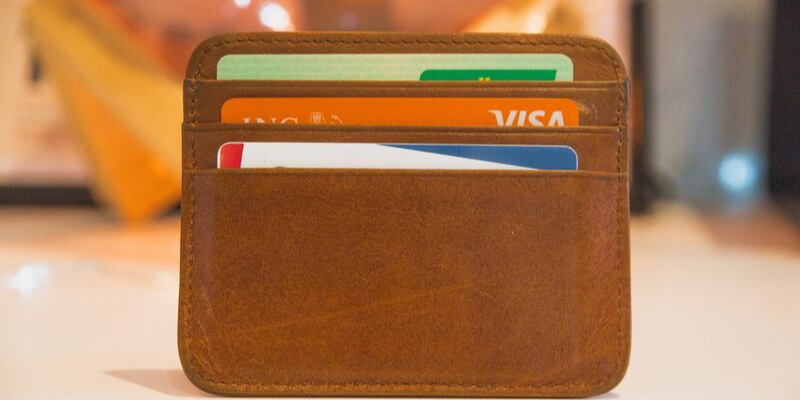Over the past few years, we’ve seen some significant changes to the way we pay for things. As well as using our phones for payment, tapping our cards instead of swiping them, and having the ability to transfer money instantly online, the arrival of part-payment systems like Afterpay are changing how we shop. Here’s what you need to know about Afterpay.

You’ve probably already seen Afterpay offered as a payment option in shops and online – you may have even used it. Here’s how it works: Afterpay lets you buy something now and then spread out your payments over four weeks, similar to a lay-by system.
There are no interest charges and your instalment payments are automatically deducted from your Visa or Mastercard debit or credit card linked to your Afterpay account: two weeks after you’ve made your purchase, your first instalment – a quarter of your spending - needs to be paid with the remaining quarters paid back every two weeks after that.
You can also choose to pay back your instalments ahead of time without any penalties, and you’ll only incur costs if you fail to make your repayments on time.
Afterpay traps to avoid
Even a payment platform offering you an interest free “buy now, pay later” option has a downside. Take a look at what these are and how to avoid these Afterpay traps.
Negative Credit History – there are no credit checks when you apply for Afterpay but Afterpay reserves the right to report any defaults to credit reporting bureaus. Provided you use Afterpay responsibly – not missing payments or paying the full amount on time - you’ll have no problems. But any repayment issues could mean a black mark on your record, just like with any other source of credit.
Fees and charges - using Afterpay responsibly won’t negatively impact your bank account. But if you miss a payment or you don’t have enough money in your account for a direct debit, then you’ll be charged a $10 missed payment fee. If a week goes by and you still have an outstanding balance, you’ll be charged another $7 fee. Remember too that if you use a credit card as your payment method, you could be charged interest by your credit card provider so check the interest-free period on your credit card and aim to repay your purchase within that timeframe to avoid being charged interest.
Overspending is easy – only link your debit card to Afterpay. This way, you can spread big costs out to make them more manageable, but you’re still only spending money you know you will have in your bank account.
Funding large expenses
We know that life happens and sometimes you’re hit with large expenses – be it a family holiday, a new car, or a medical treatment. Or perhaps you simply need to consolidate your debt into one loan repayment. Using your credit card – even a low interest credit card – with a part-payment plan for a large purchase could still end up costing you in hefty interest charges.
You may be able to access the equity in your home at a much lower interest to finance those large expenses. Talk to one of our mortgage advisers if you need advice around consolidating your debt, accessing your property’s equity or financial advice to help you get a foot onto the property ladder.
For more tips and advice around managing your money, consolidating your debts, or applying for finance, follow Mortgage Express on Facebook and Twitter, or contact one of our mortgage advisers.
Disclaimer:
While all care has been taken in the preparation of this publication, no warranty is given as to the accuracy of the information and no responsibility is taken by Mortgage Express Limited for any errors or omissions. This publication does not constitute personalised financial advice. It may not be relevant to individual circumstances. Nothing in this publication is, or should be taken as, an offer, invitation, or recommendation to buy, sell, or retain any investment in or make any deposit with any person. You should seek professional advice before taking any action in relation to the matters dealt within this publication.
A Disclosure Statement is available on request and free of charg





